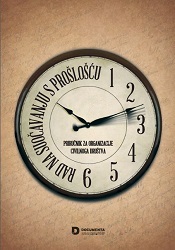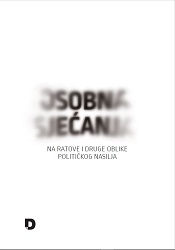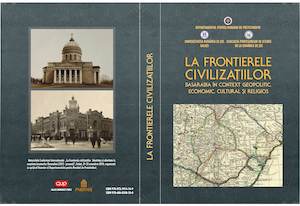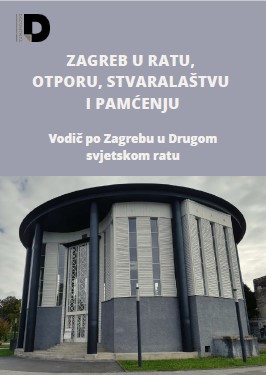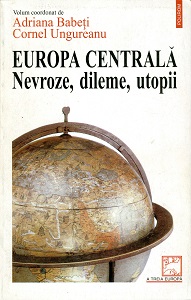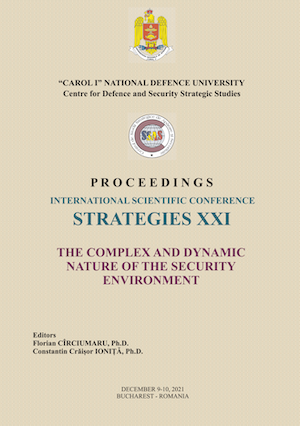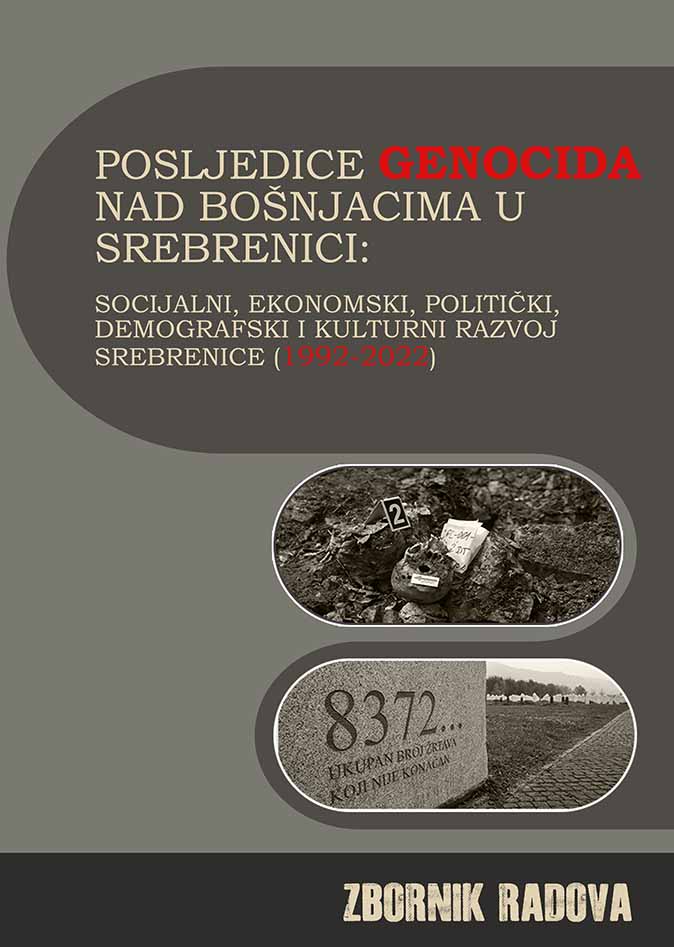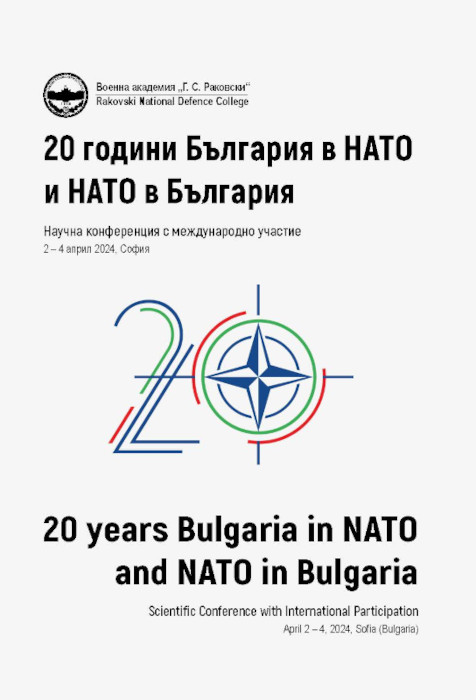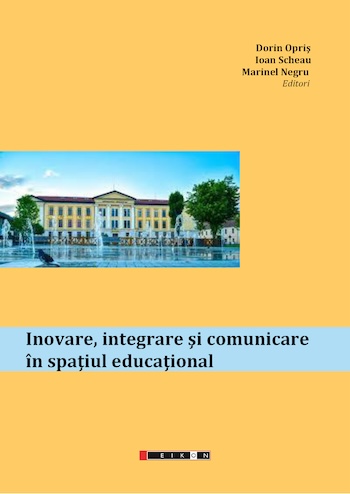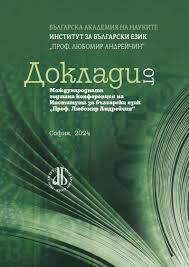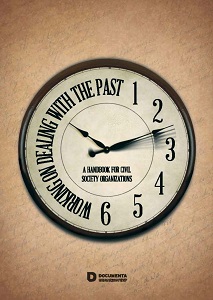
Remembering Victims and the Right of Younger Generations to Learn Facts-Based History
When talking to people from different sides of social divides, I have witnesses the fact that piety to ‘their’ victims is needed in order to establish normal relations with the living. As a child, I heard a neighbour, who lost her husband, saying that she expected the public not only to talk about fascist camps, such as Gonars to which my grandfather was taken from occupied Ljubljana in 1942, but also of prisons such as the one in which she herself was imprisoned after WWII in 1945. She wished that her suffering, from the hands of repressive institutions of that time, to be also remembered. Today we remember that some soldiers, who themselves were victims of Nazi crimes and prosecuted as partisans and communists, after the war became themselves violent prosecutors and torturers. Although emphasizing piety to all innocent victims is slowly becoming a widely accepted standard of political correctness, few countries have approached the ideal of overcoming divisions into ‘our’ and ‘their’ victims, in which conditions have been met to investigate circumstances of death and memory of all who had suffered.
More...
